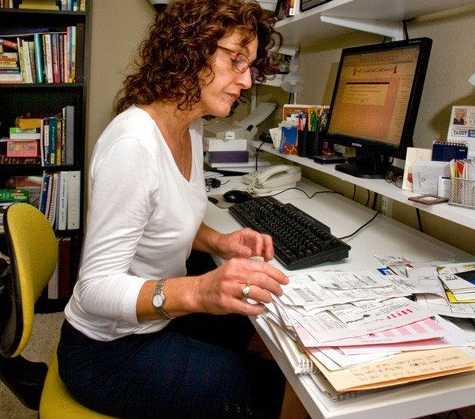By far, the most common feedback I get from would-be entrepreneurs about why they haven’t started a business comes down to one word: fear. And not just any fear—it’s a very real concern about failure and, more critically, the fear of not being able to provide for their family.
Let’s unpack that.
The traditional narrative—the one where you quit your job cold turkey, drain your savings, take a massive leap of faith, and either make it big or fall hard—is deeply ingrained in entrepreneurial folklore. It’s romanticized in movies, glorified in books, and sensationalized in podcasts. But let’s be honest: it’s outdated and, for most people, unrealistic.
In truth, the idea that you need to walk away from your job to start a business just doesn’t hold water anymore.
Today’s economy—and the technology that supports it—has completely changed the game. The barrier to entry is lower than it’s ever been. More and more successful businesses are started in the margins of time—after hours, on weekends, and during lunch breaks. They begin in a spare bedroom, a garage, or even from a laptop at the kitchen table.
The tools are all around us. Platforms like Shopify, Substack, Upwork, and Etsy let creators, service providers, and experts build revenue-generating ventures with little or no startup capital. Combine that with the ability to market yourself on social media for free, and you’ve got everything you need to test an idea without taking a life-altering risk.
There’s even a name for this approach: the side hustle. And for many, it’s the path to full-time entrepreneurship that feels achievable.
Let’s be clear—there’s still risk involved. But risk is no longer binary. It’s not “go big or go home.” You can start small, build confidence, generate proof of concept, and ramp up over time. You can even validate your idea while still collecting a paycheck.
So, if you’ve been telling yourself that you can’t start a business because your family depends on you, let me challenge that belief. What if you could build a business without risking your family’s well-being? What if your business idea didn’t require quitting your job, securing a lease, or investing five figures?
Are you letting an outdated entrepreneurship model keep you from taking your first step? The truth is, starting small doesn’t mean thinking small. It means starting smart.
What’s one small step you could take today to test your business idea without quitting your job?












